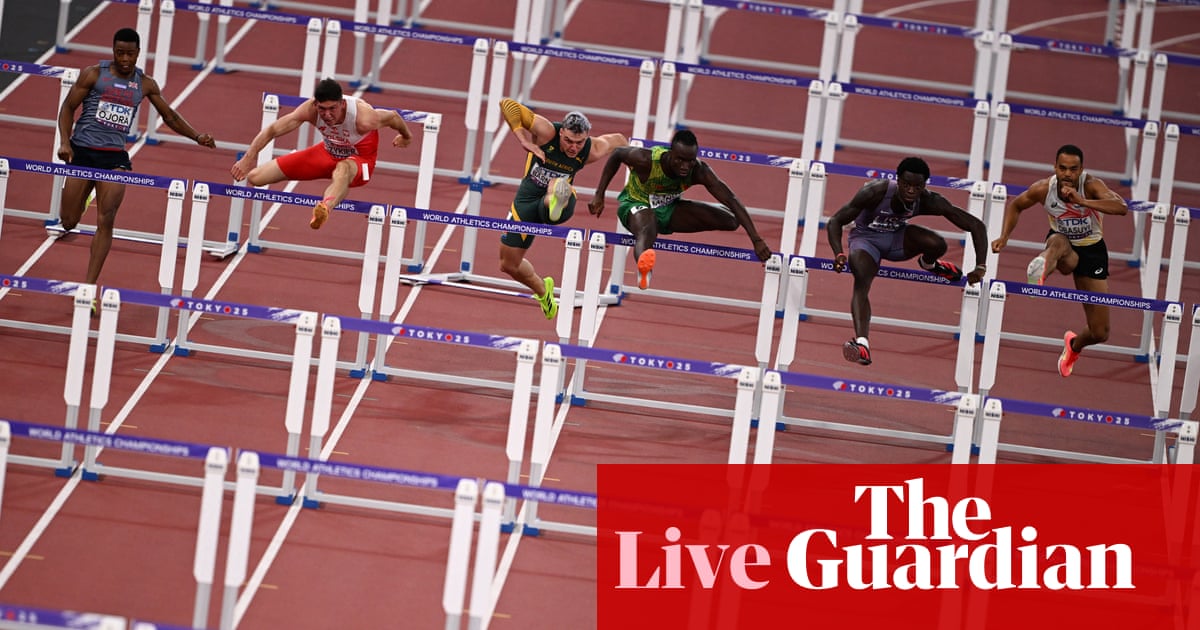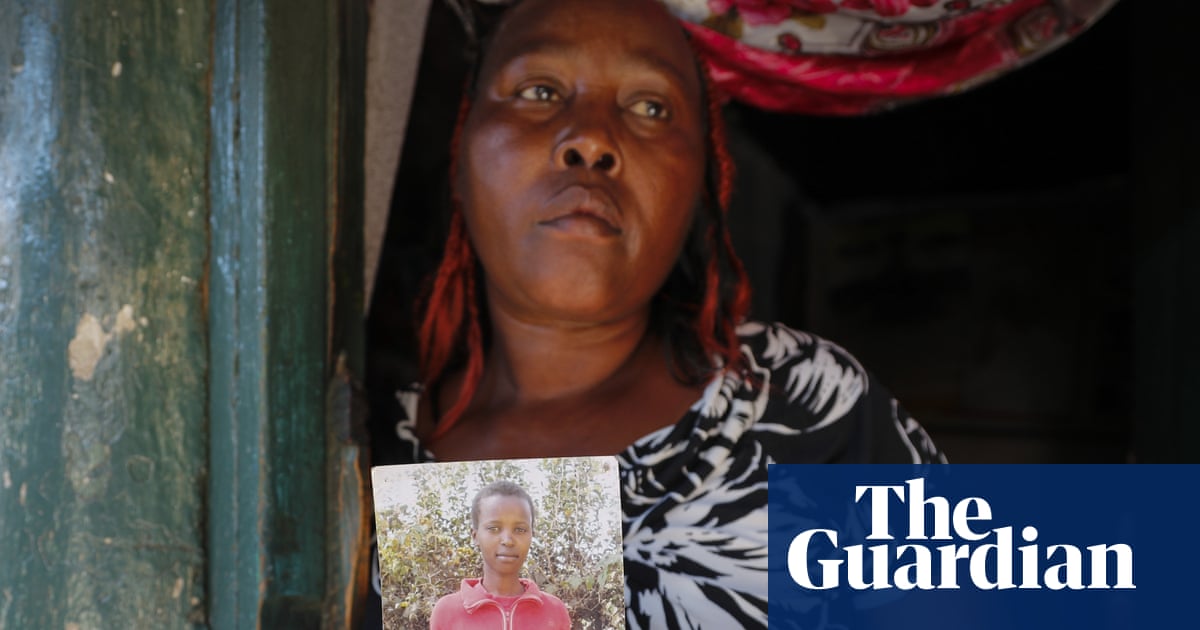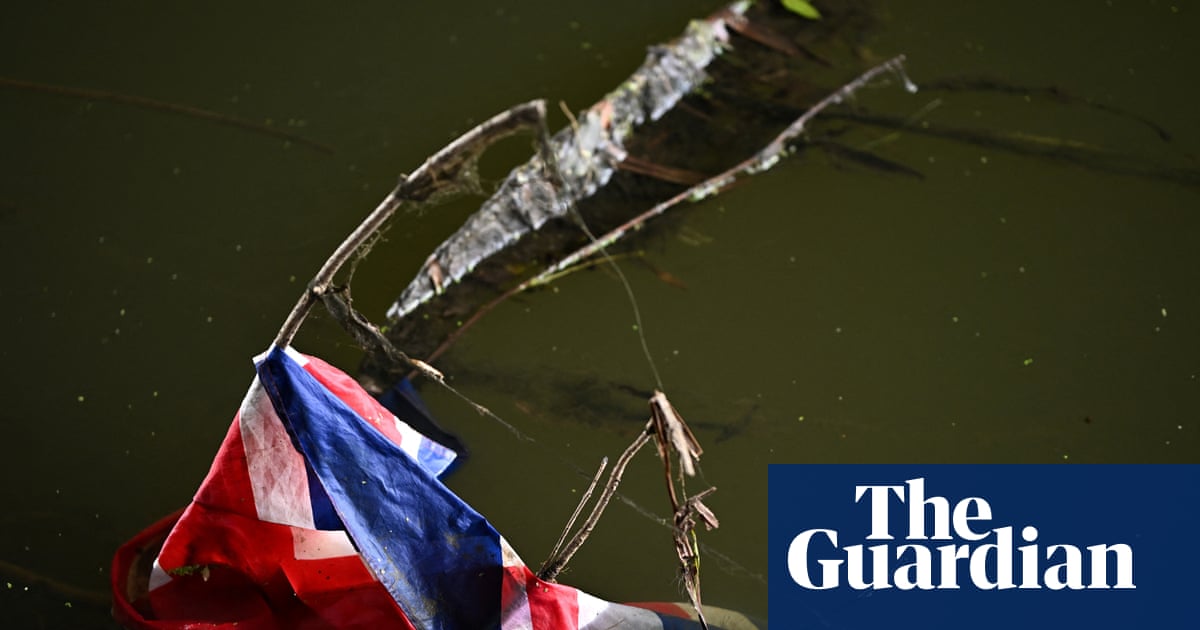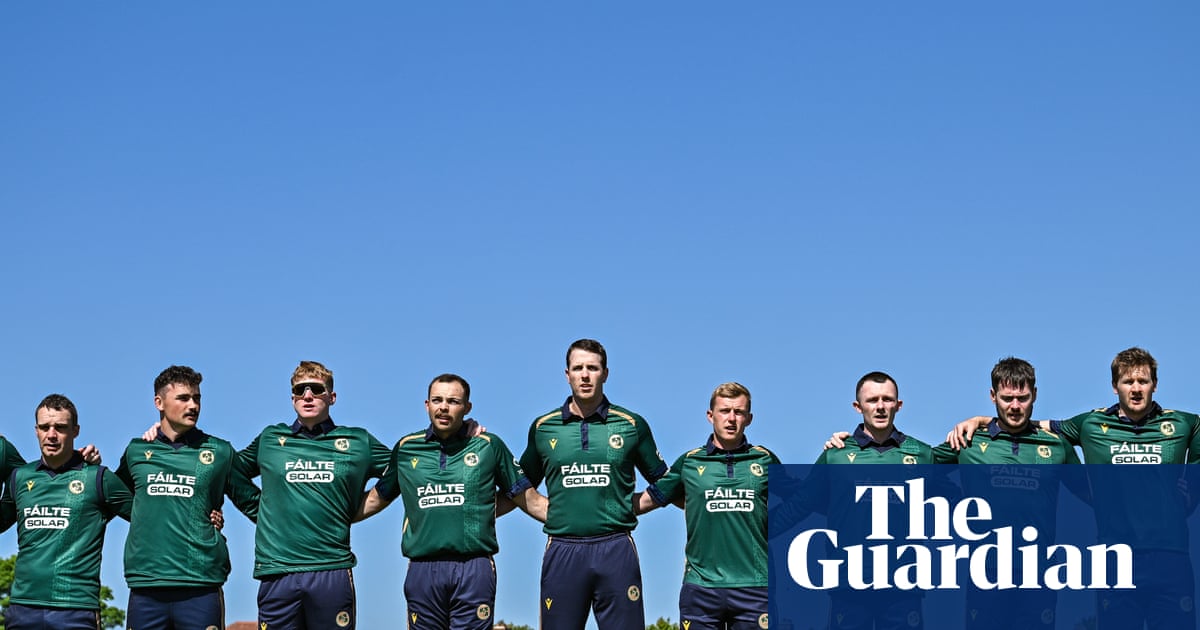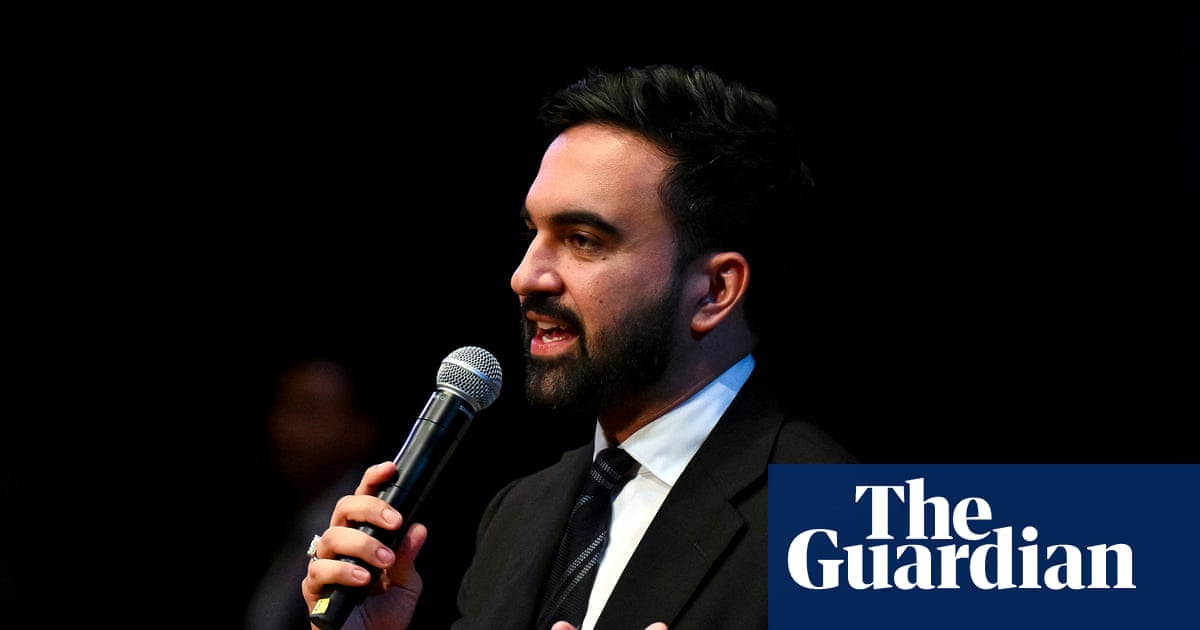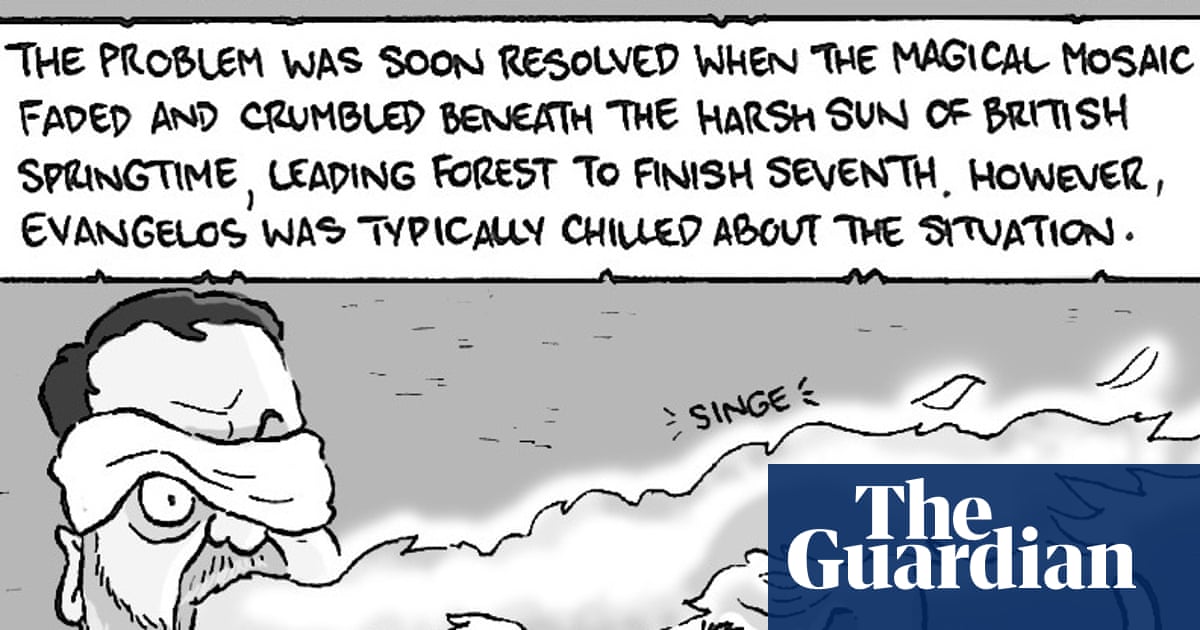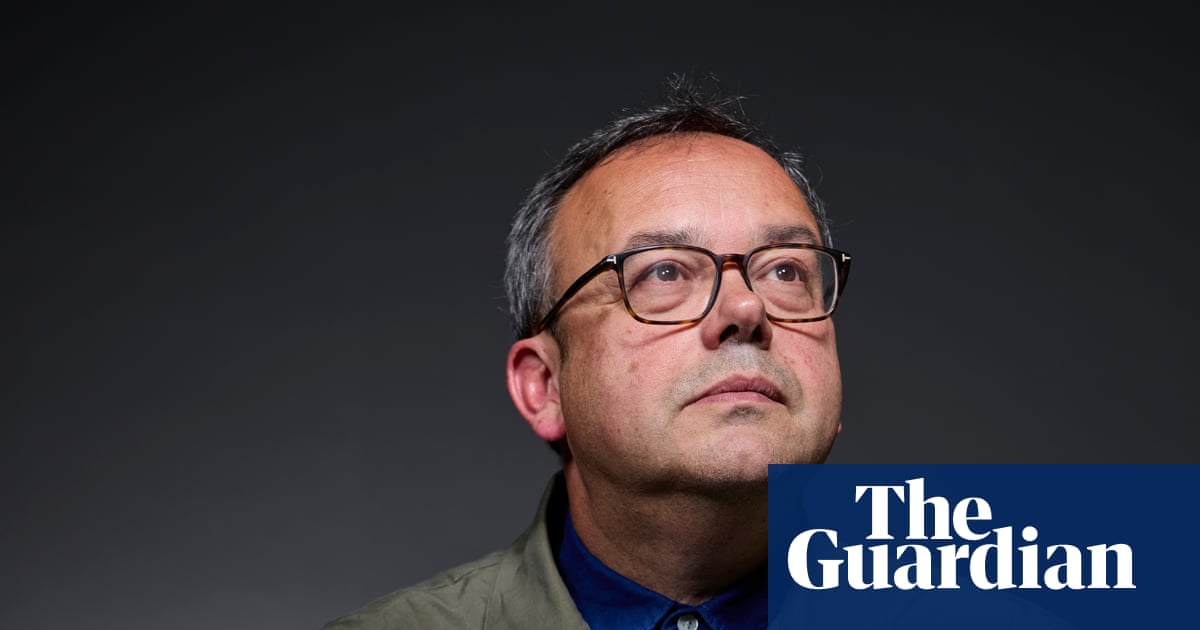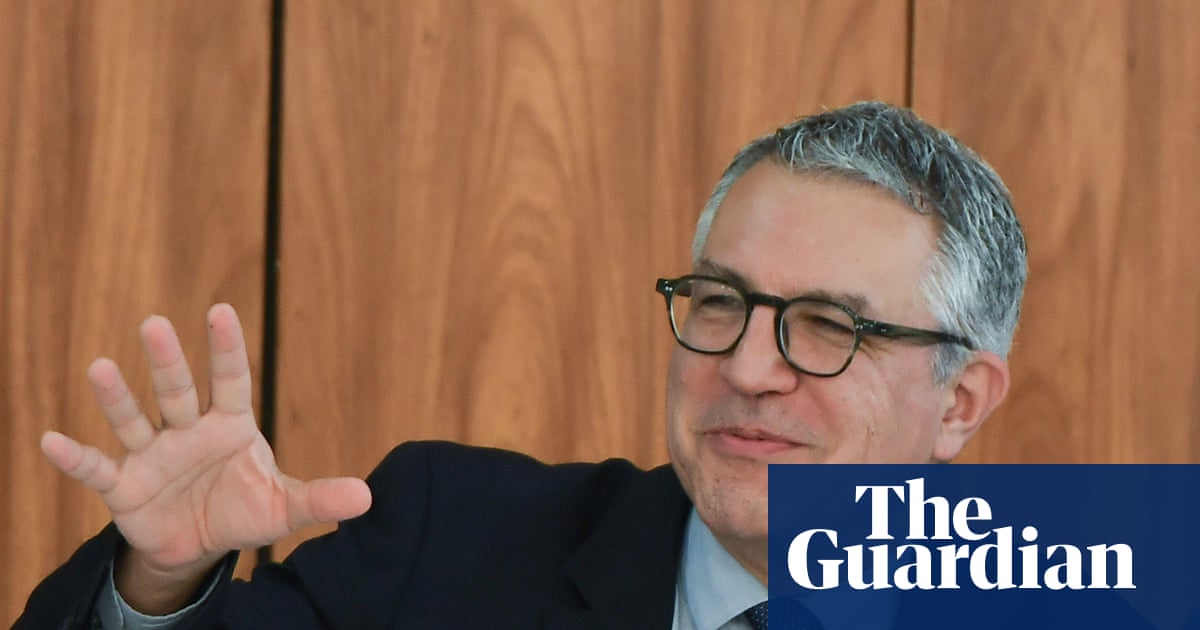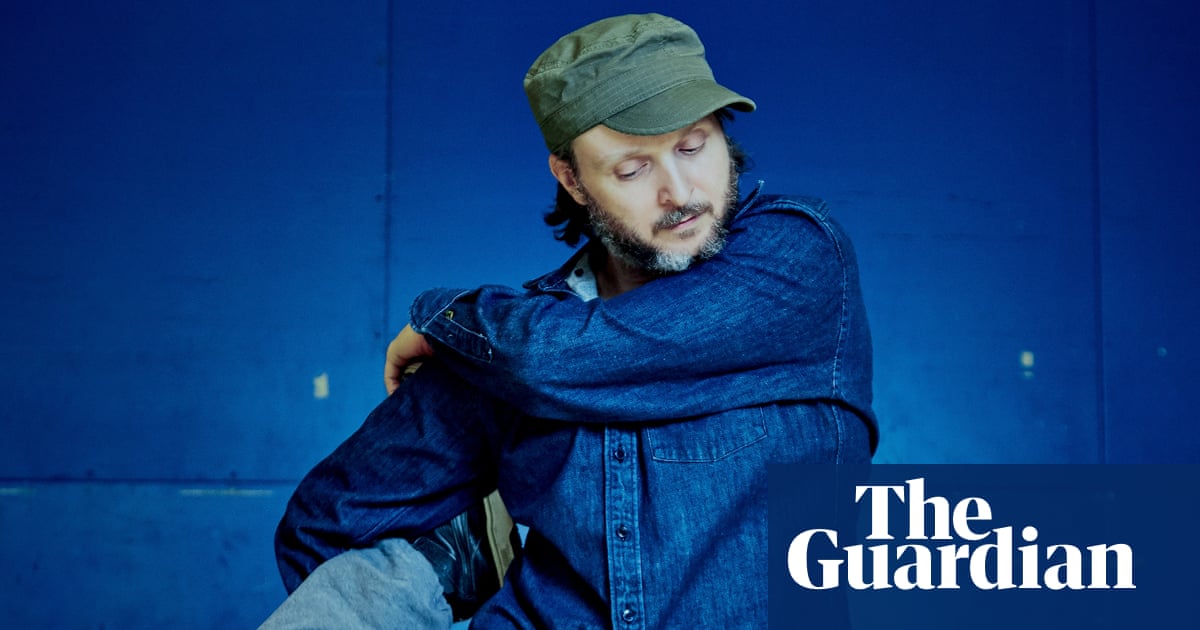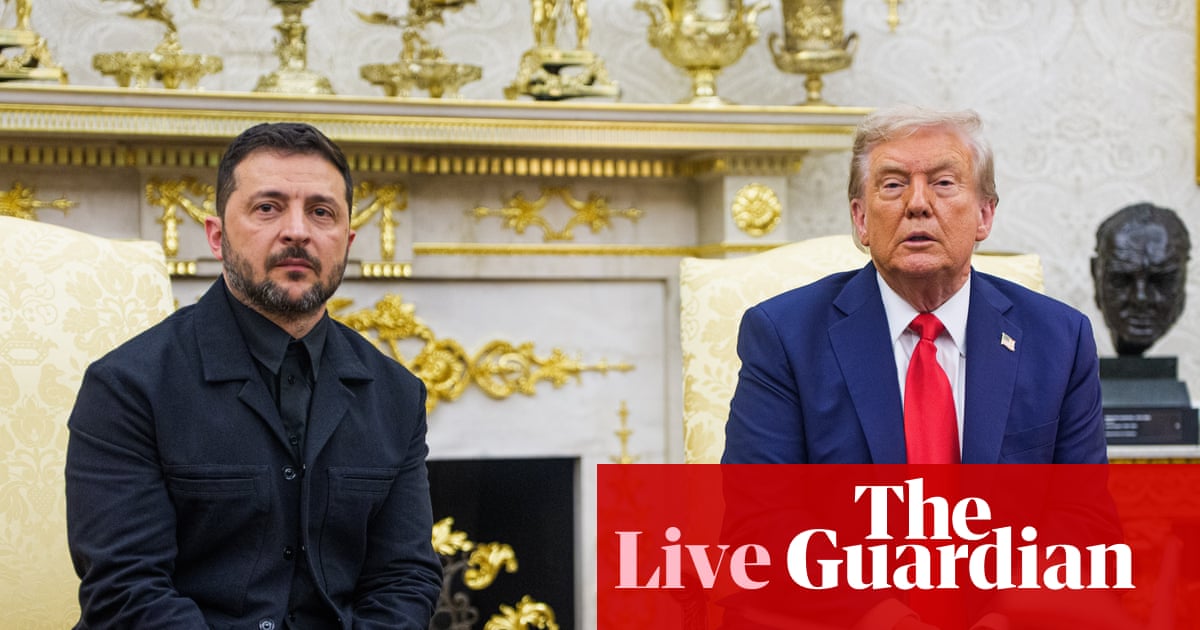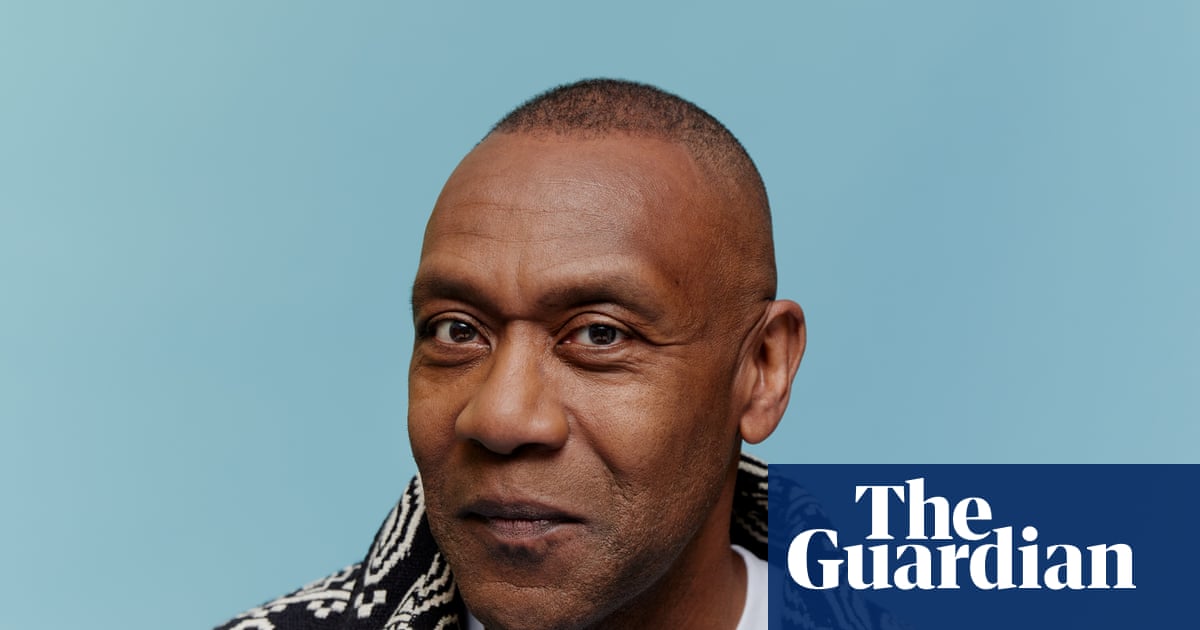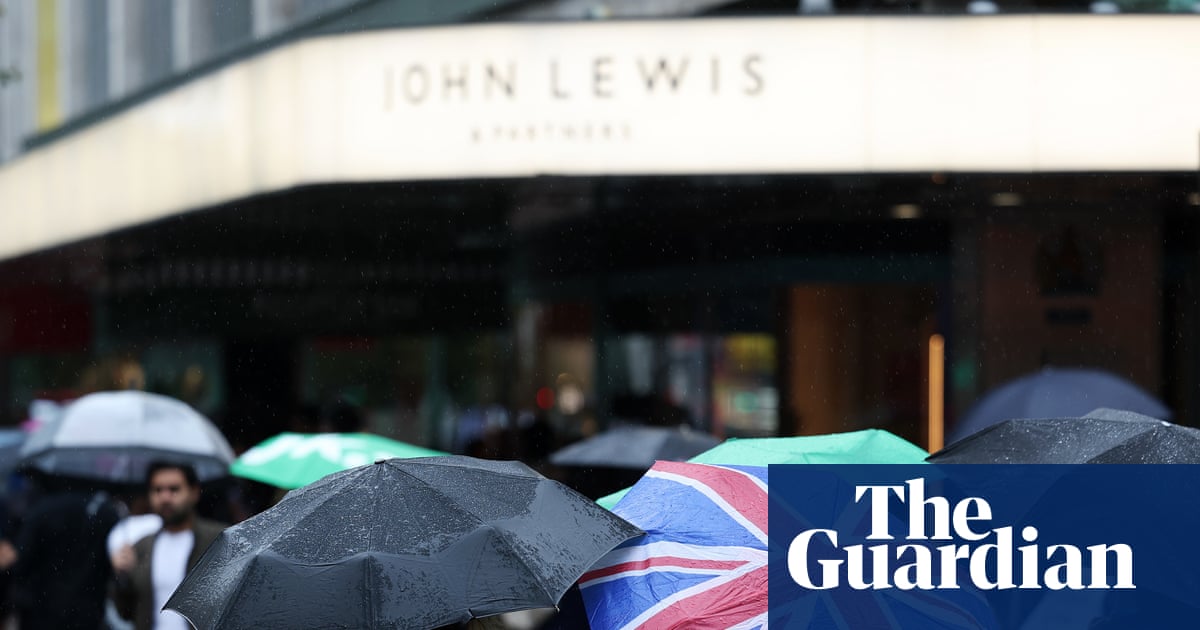“I was always angry,” Fin Smith remembers as he explains his transition from a volatile young tennis player into the decisively calm fly-half for Northampton, England and the Lions who is as serene as he is interesting. Smith has had a remarkable year so far but there is an understated lightness about him as he recalls playing in tennis tournaments alongside Jack Draper, the current world No 5.
“As an 11-year-old tennis player I was very angry,” he says at Franklin’s Gardens, having just completed Northampton Saints’ final training session before they face Bordeaux on Saturday in the Champions Cup final. “I used to blow up and smash rackets a lot. But getting that out of my system at a young age, while facing set points and match points, can only benefit me when I’m playing rugby under pressure and really taking on an internal battle.”
We will return to his racket-wielding past but the way he has controlled his inner demons and found tranquillity is even more intriguing. Smith turned 23 this month but he sounds like a sage old soul when comparing his preparations for a European final in Cardiff with that of his young teammate Henry Pollock who, in a few months, has become a rugby sensation.
While Pollock watches Conor McGregor videos, Smith is writing a thesis on decision-making in domestic households as he completes his degree in economics and mathematical sciences next week. His academic work is part of the reason why Smith has shed an obsessive past to find a healthier balance on and off the field.
He recalls a landmark conversation which made him understand how damaging it was to be consumed by sport. “I remember saying to a sports psychologist, Andrea Furst: ‘This is what I’m struggling with. Whenever I make mistakes they really get me down and I can’t look past them. In my head I’m either the greatest or the worst player ever.’
“She asked me about my routine and I said: ‘I quite often watch rugby after training, and maybe in bed before I go to sleep.’ She went ‘Ah-ha!’ and laughed and put her finger on it straight away. She said: ‘You don’t ever let your mind rest. You need to let the battery recharge.’ It wasn’t until then that I realised [being consumed] had been a massive factor.”
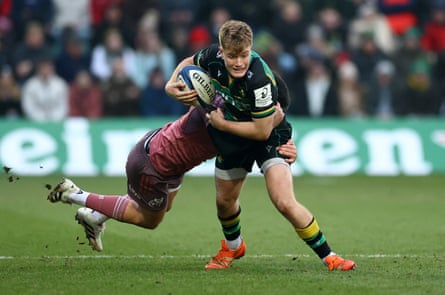
Smith’s now trademark calm was evident during his first start for England against France in February. England had lost seven out of their previous nine Tests when Smith was given the No 10 shirt. He began badly and his first kick was charged down by Grégory Alldritt – but Smith retained his composure and steered England to a pulsating victory and, then, four successive wins.
“I spoke to my parents and friends afterwards and they said: ‘Oh my God, you must have been terrified after that [difficult start].’ But I was really proud of myself. I was pretty relaxed and had a laugh with Ollie Lawrence and said: ‘Fucking hell, that wasn’t good, was it?’ I just got stuck into the next thing which was to make the best decision possible with the ball in my hands. You’ve got to focus on the little moments as they add up to a positive impact … I like to think that, in the majority of situations, I feel super-calm.”
But he retains the spikiness that studded his early years in tennis for he makes it clear how much he is driven by criticism. He is also spurred on by comparisons with his namesakes – Marcus Smith, his friend whom he replaced as England’s fly-half and Finn Russell, the gifted Scottish playmaker who will be his rival for the Lions’ No 10 shirt in Australia.
Rival fans have called him “the shit Smith” or “the poor Fin[n]” and he says: “It’s all good fun. That’s why I enjoy reading in the media about, ‘Oh, Saints have got no chance’ or ‘Why have they picked him at 10 for England?’ I love all that because it pushes me and gives me more reason to go hard.”
Northampton were dismissed as having little hope against Leinster, who comprise virtually the entire Ireland team, in the Champions Cup semi-final in Dublin. “We used it as fuel to the fire and trained incredibly hard,” Smith says. “We’ve got some brilliant players and the fact no one gave us a chance was great. We love being written off because we’d back ourselves against anybody. It formed a decent part of why we managed to get over the line [and beat Leinster 37-34].”
Did Smith, an admirable team player, also regard the game as a straight shootout between him and Sam Prendergast, Ireland’s No 10, for a place in the Lions squad? “100%. I was focusing on the team and trying to play as well as I can for them, but I was definitely in a big personal match-up as the two of us were in contention for the Lions. That can be dangerous because you can force things and chase special moments to try and outdo your opposite man. But I must admit I was watching [Prendergast] every time he kicked at goal, thinking, ‘It will be interesting to see if this goes over.’ You keep that at the back of your mind while making sure it drives you on competitively.”
Smith and his parents were reduced to speechless tears when he called them soon after he had heard his name being announced as a Lion – which he describes as “one the few things in sport that’s so raw and authentic.” His closeness to his Scottish mum and dad was reinforced by the fact that his maternal grandfather, Tom Elliot, had also played for the Lions in 1955.
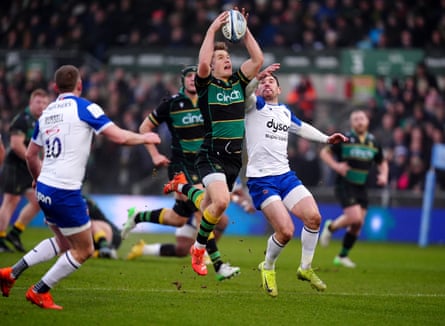
Four years before Smith was born, his grandad died from motor neurone disease. Smith remembers how he and his brother Angus still wore his Lions blazer, shirt and cap as small boys. They also came to understand his courage. “As a family,” Smith says, “MND is very close to us so we always try and support people suffering with it whenever we can. I think he fought the disease off for over eight years after he got told he had only a little while to live. My mum speaks so fondly still of his funeral and how people were piling out of the church and filling up the car park just to catch a glimpse of him for one last time and celebrate his life.”
Has Smith watched any footage of that 1955 Lions tour of South Africa? “I’ve seen a two-second video of him taking someone’s head off with a high tackle. That’s the only clip they managed to find and it made me laugh. He was a prop but a similar size to me. He just had massive hands and proper farmer strength so I’m sure he would have battered me.”
Smith attended the first Lions get-together in Richmond last Sunday and his face lights up. “It was cool and meeting everyone was class while hearing [head coach] Andy Farrell talk about the tour made me realise the magnitude – as well as the hype and buzz around it.”
after newsletter promotion
Johnny Sexton, the former great Irish No 10 who is part of Farrell’s coaching team, was also there. “We didn’t have a long chat but I’m really excited to work with him,” Smith says of Sexton. “I think he’s going to be great for me, helping with my kicking and game management. Getting to know him is going to be awesome as he’s a real competitor.”
How is the 20-year-old Pollock feeling as, having made only one appearance for England, when he came off the bench to score two tries against Wales, he has also been selected for the Lions? “I don’t know,” Smith says wryly. “He’s a freak and a weirdo. I don’t know if he does get nervous but he watches a lot of motivational videos of Conor McGregor and David Goggins. I wonder if he just tries to use those things to push the nerves away.”
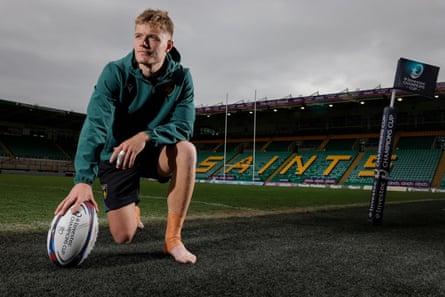
The wild rise of Pollock is welcomed by Smith who knows how badly rugby needs new stars to reach a wider audience. “100%. He’s done so much for rugby already – it’s mad.”
Smith jokes: “He’s probably played 10 games and only about five of them have been good. But the hype around him has been amazing and you see how much that does for rugby. He’s being talked about so much and the more characters we can get, the better.”
In contrast to Pollock’s motivational videos, Smith’s university dissertation sounds as thoughtful as it is diligent. “It’s about decision-making in households, the way you balance paid and unpaid work and why that might be. It’s a lot about the gender pay gap and it’s quite interesting. The only problem is that it’s due next Tuesday. That date is set-in-stone so it’s bad timing. But that’s the nature of trying to balance the degree and playing in a European final.”
Smith smiles. “I really should have got ahead of it but I maybe didn’t think we’d beat Leinster. If all goes well on Saturday I imagine I’ll be in a different world on Sunday. Then I have to sober up as quickly as I can and mail the degree out on Monday.”
His research included “interviewing loads of different couples of different ages about who wears the trousers and why that is. My conclusion is that younger couples are far more hybrid in terms of both working, both helping out around the house whereas some of the older couples will be very much the man is the head of house and everyone else tries to help him earn as much money as possible.”
Smith says that, because of his love of maths and economics, he would like to one day work as an investment banker but his teammates are convinced he will become a coach. “They all call me a mini-Sam Vesty,” he says of Northampton’s head coach – but I wonder if, having been in the top 10 of British junior rankings, Smith might have made it as a tennis player?
“Probably not. Even at 11 there was a big gap between myself and the top guys like Jack Draper [who was a year older] and Jacob Fearnley [who beat Nick Kyrgios at this year’s Australian Open]. I played Jacob once and he battered me. I never actually played Jack but we were in a lot of the same tournaments. He always won everything. His dad [Roger] was head of the LTA so he was always the main man.”
It’s striking that, on the eve of the European final and close to a Lions tour, Smith should feel an affinity with a tennis player: Novak Djokovic. “In a weird way I found him relatable. Some tennis players are incredibly gifted. Look at Federer and Alcaraz. But I loved Djokovic because he’s probably not the best at any shot or the best athlete. His mentality and how hard he works have been key in getting him to the top. I loved that he showed you don’t need to be the most naturally gifted. Of course he has an amazing talent, and I’ve got some natural gifts as well, but hard work and really dialling into something is always going to win.”

 3 months ago
102
3 months ago
102
